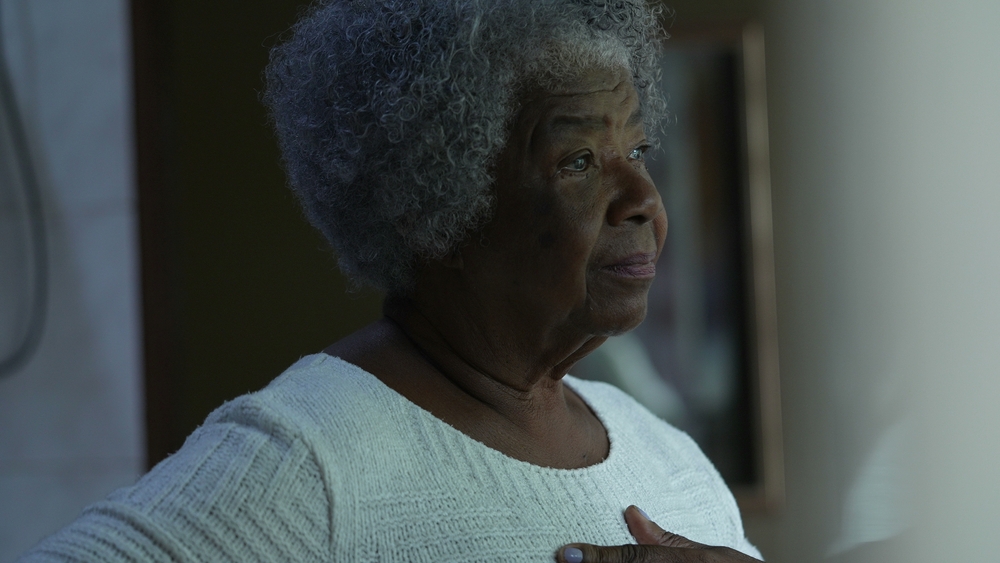The Benefits of Music for Elderly Adults

The relationship between music and the elderly can be beneficial both as a form of stress relief and to aid in cognitive abilities. In this piece, we will explore how music can assist seniors in living a quality life.
Music and Alzheimers
According to the American Music Therapy Association, studies have shown that music activities for the elderly can provide comfort and relief to seniors with Alzheimer’s and dementia. There are many ways to incorporate music therapy for the elderly, including creating playlists, popping in a sing-along DVD, or simply singing along with your loved one and the music.
John Carpente, the founder and executive director of the Rebecca Center for Music Therapy in New York, spoke with Today’s Geriatric Medicine about the benefits of music therapy for elderly patients. Carpente called music the “most engaging and emotionally powerful stimuli.”
“Listening to music can have strong effects on people’s moods, thinking, and even their physiology, which constitutes a probable reason certain songs remind us so vividly of a specific memory,” Carpente said. “That being said, memory is a mental system that receives, stores, organizes, alters, and recovers information from sensory input. Emotions and memory are very much linked, and because music is charged emotionally, it can trigger past memories, good and bad.”
Music Therapy Activities for the Elderly
Activities can include:
- Playing music around the house
- Taking dance lessons for exercise
- Attending a concert to encourage socialization
- Playing musical chairs with younger children
Not sure what music will get your loved ones’ feet tapping? Take a look at this piece from Daily
Caring, which rounds up all of the classic hits from several generations.
Benefits of Music for the Elderly
Music for elderly people can help promote overall health and wellness while eliciting positive memories and reactions. An elderly person can benefit from music in the following ways:
- More exercise
- Increases coordination and mobility
- Provides motivation for walking, running, dancing, and stretching
- More social interaction
- Improves cognition and speech
- Encourages self-expression
- Increases self-esteem
- Dispels anxiety, tension, and fear
- Better overall health
- Reduces pain and recovery time
- Increases relaxation
- Allows a better night’s sleep
- Enhances mood
- Improves memory
- Assists in memory recall
- Provides a communicative structure
Subscribe
Date: 2018-10-18


